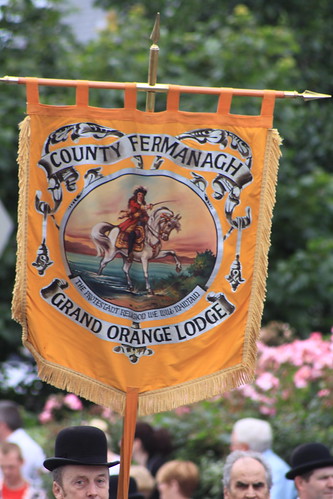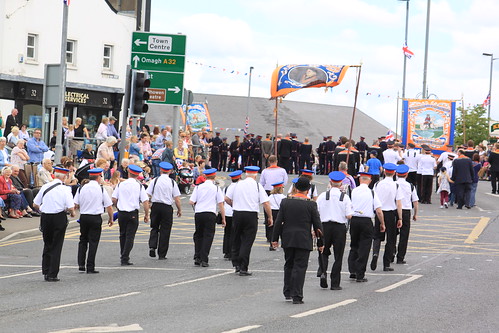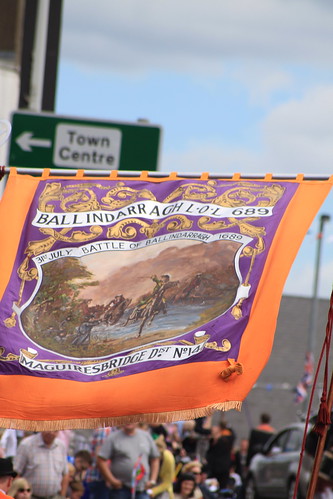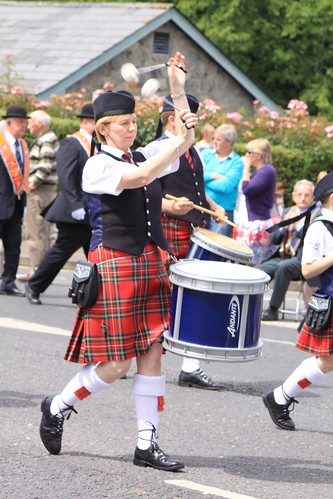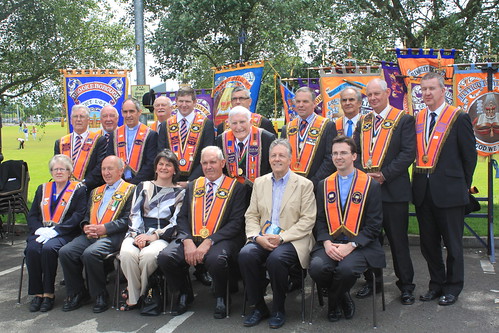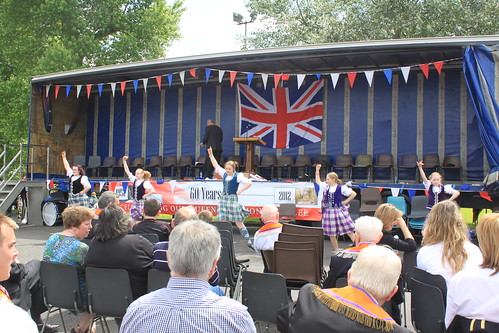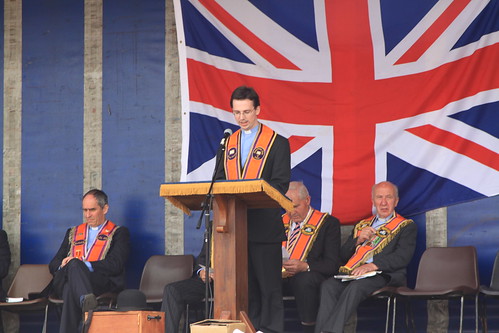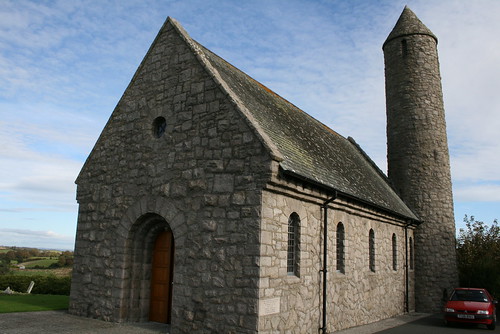We’re coming up to the time of year when one of the big things to talk about is: ‘where are you going on holiday?’ I know that perhaps the farmers are coming into their busiest time, but for many, a week or two’s worth of holidays are on the horizon, and if you closed your eyes, you could already imagine yourself on that beach, or by that pool - that is, until you get soaked by the latest shower.
This morning, as we listen in to the Apostle Paul addressing the church in Ephesus - and by extension, addressing us as well - he’s continuing to give instructions on what it will look like to live as a Christian. A fortnight ago, we heard him tackle the issue of marriage - of husband and wife loving and submitting, in that picture of Christ and the church. But now, Paul turns to home life in a different sense - that of children and parents, before coming to the way slaves and masters should relate as Christians.
We’ve already (in the children’s talk) thought about children and parents, so let’s focus in these few minutes about slaves and masters. Now, I know that you’re not an actual slave - although it might feel like it at times as you’re called upon to do any number of tasks at the one time, dealing with bosses and colleagues and numerous demands - but what Paul says here will help us think about our work, and how we should work as Christians.
But before we get into the text, it’s helpful to remember that work is a part of God’s creation - it’s a good thing in God’s purposes for us. Adam and Eve weren’t created to sit on their bottoms and do nothing - they were created to tend the Garden of Eden. That work has been frustrated by weeds and heavy toil through the curse of the fall, when sin entered the world, but God blesses our work. And as we’ll see, we’re not just Christians on a Sunday morning when we’re wearing our best clothes - we’re all full time Christian workers, in whatever job we find ourselves in.
You’re not just in your particular job to pay the bills (as the alternative seven dwarves song would claim: ‘I owe, I owe, it’s off to work I go...’) - but you’re there in order to be a Christian witness to your colleagues, bosses, and customers.
Perhaps with the holidays approaching, this morning can be like your annual appraisal - your chance to review how you’re performing at work; whether your faith is on display in the factory or the farmyard.
Verse 5: ‘Slaves, obey your earthly masters with fear and trembling, in singleness of heart.’ Paul says that we should work hard, obeying commands, doing what the boss wants us to do (obviously so long as it’s legal!), in singleness of heart - giving your all to the job.
In fact, he goes on to spell out what that means in verse 6: ‘not only while being watched, and in order to please them.’ My first job was in a little corner shop in Dromore. I worked there part time for about six years. The owner of the shop lived outside the town and would pop in every so often to pick up something or just on his way past. Some of the people I worked with would be very lazy, doing little; until suddenly, they would spot the boss’ jeep or Jackie would walk in, and it was as if they were the Duracell bunny - working very hard for the duration of his stay - and then they went back to their laziness again. They were only obeying whilst being watched!
I wonder are you like that? Will you get on with a job, or do you need to have someone watching you? You see, as I’ve already said, we’re full time Christians, not part time Christians - so our work must be an expression of our faith. It’s why Paul says that we should obey ‘as you obey Christ’ (5). You’re not just working for your boss; you’re working for Christ.
Would it make a difference to the way you went about your work tomorrow if you were to see the Lord Jesus in the manager’s office rather than your boss? Would you work harder? The Lord Jesus sees all that you do - the time spent on personal business, the lingering in the toilet, the extra five minutes over lunch, getting clocked in or out by someone else.
Do your colleagues realise that there’s something different about you, because you’re a Christian? Would they see you working hard because you realise you’re working for the Lord, you’re a slave of Christ, obeying his command?
Paul says that we are to render service with enthusiasm, knowing that the Lord who sees is the one who repays - ‘knowing that whatever good we do, we will receive the same again from the Lord, whether we are slaves or free.’ (8) Isn’t that the point of our Gospel reading, where the slaves are entrusted with the master’s goods and left to get on with it? The faithful servant obeys, working without the master’s eye on him, and receives the reward for the work - but the lazy servant is cast out.
We’re not good in order to win God’s favour - we already have it, because of his love and grace and mercy (see chapters 1 and 2). But in the middle of chapter 2 we were reminded that God saved us to be ‘created in Christ Jesus for good works, which God prepared beforehand to be our way of life.’ (2:10).
Now you might have noticed that Paul addresses both wives and husbands; both children and parents; so now here he addresses not just slaves, but also masters. Verse 9: ‘And masters, do the same to them.’ That is, work enthusiastically, for the Lord, and do good. He expands it by saying ‘Stop threatening them, for you know that both of you have the same Master in heaven, and with him there is no partiality.’
You may be a manager or a boss, you might have people working for you, but you’re not in ultimate control. Don’t threaten them - remember that you too are the slave of the Master, to whom you will answer; who shows no favour towards managers.
Near the end of the staff appraisal form there is normally a box which asks about your action plan. Having reviewed your performance, what will you change? How will you seek to improve in your work?
In this appraisal, we’ve been reminded that what we believe is expressed in how we behave - others may slack at work because they’re only there to put the hours in and take the money, whether or not they like the boss. But for the Christian, we’re reminded that Jesus is Lord of all - of every part of our lives, not just the Sunday bit - and so as we work, we’re serving him.
Are there things that need to change? Will you have to work harder? Perhaps you’re confronted with your failure - even today God’s grace is available, as you confess your sin and repent (turn around) and change.
The approval of our earthly manager can be important, but nothing will beat hearing those words from the Master in heaven: ‘Well done, good and trustworthy slave... enter into the joy of your master.’
This sermon was preached in Aghavea Parish Church on Sunday 1st July 2012.
